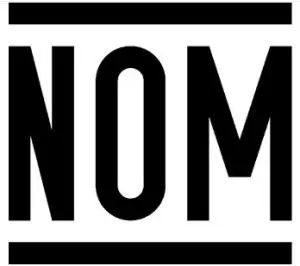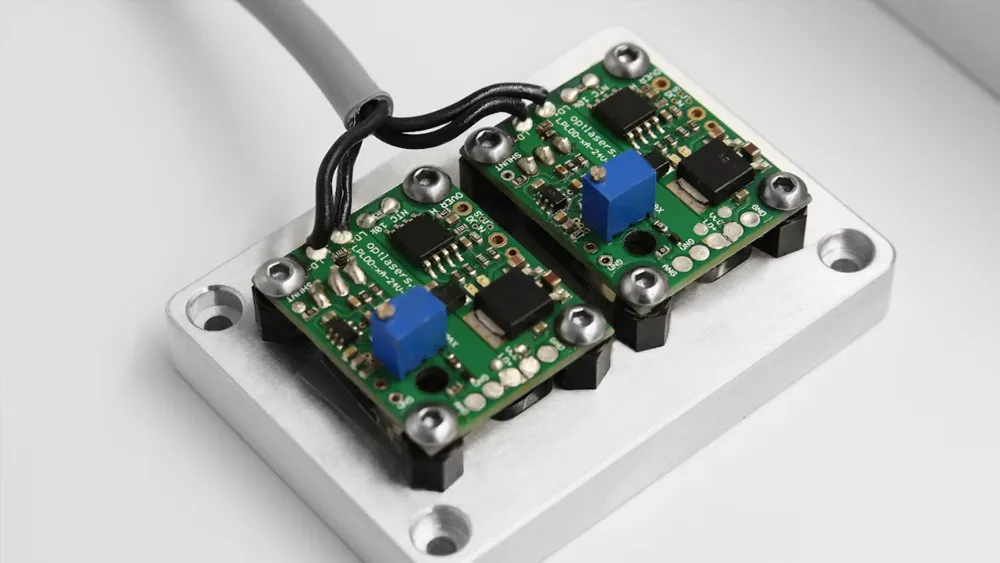
What Products Require NOM Certification?
What is nom certification?
NOM (Normas Oficiales Mexicanas) certification is a mandatory safety certification in Mexico, indicating that a product complies with the relevant NOM standards. The NOM mark applies to a wide range of products, including telecommunications and information technology equipment, household electrical appliances, lighting fixtures, and other products with potential health and safety risks. Both locally manufactuRED and imported products in Mexico must comply with the relevant NOM standards and product labeling regULations.

According to Mexican law, the holder of the NOM certification must be a Mexican company, responsible for the product’s quality, maintenance, and reliability. Test reports are issued by SECOFI-accredited laboratories and reviewed by SECOFI, ANCE, or NYCE. If the product meets the relevant regulatory requirements, a certificate is issued to the manufacturer or the Mexican representative of the exporter, allowing the product to bear the NOM mark.
Safety Testing for NOM Certification
Multiple certification bodies in Mexico can issue the NOM mark. Two common certifying bodies are:
- NYCE: Validates all electronic and information products and data processing equipment, excluding household appliances (except MICrowave ovens).
- ANCE: Validates all electrical and similar products, including household appliances.
NOM Standards and Certification Requirements
The NOM mark is mandatory and recognized only in Mexico. U.S. and Canadian safety marks (e.g., CUL, ETL, CSA) are not accepted by the Mexican government. Only products with the NOM mark are allowed in the Mexican market. The NOM mark usually appears with either NYCE or ANCE:
- NOM NYCE: For electronic products, communication products, and data processing equipment, excluding household appliances.
- NOM ANCE: For household appliances, including household electrical devices and handheld power tools.
NOM Certification Specifics
1. Voltage and Frequency: Mexico operates on 127V/60Hz.
2. Plugs: Similar to U.S. plugs. Class I has three prongs, and Class II has two prongs. The plug is tested along with the device.
3. Certificate Validity: One year, renewable annually. To renew, a random product sample from the market is tested in a laboratory.
4. Product Packaging: Must include product name, brand name, model, and NOM verification mark.
Which Products Require NOM Certification?
NOM certification is mandatory for products typically involving AC or DC voltage over 24 volts. It applies to product safety, energy efficiency, thermal effects, installation, health, and agriculture. Products requiring NOM certification include:
- Electronic or electrical products for home, office, and factory use.
- LAN (Local Area Network) equipment.
- Lighting fixtures.
- Tires, toys, and school supplies.
- Medical equipment.
- Wired and wireless communication products (e.g., telephones).
- Products powered by electricity, propane, natural gas, or batteries.
NOM Voluntary Certification
Voluntary certification generally applies to components like conductors, fuses, lamp holders, and ballasts, serving as references for manufacturers and importers.
NOM Certification Models
There are seven certification models for mandatory certification:
1. M0: Certification through quality control and periodic testing.
2. M1: Certification through periodic testing (new product type testing).
3. M2: Certification through quality system assessment (new products).
4. M3: Conformity letter issued through periodic testing (new products).
5. M4: Certification through quality control and periodic testing (redesigned products).
6. M5: Batch certification (for redesigned products without redesign manuals and second-hand products).
7. M6: 100% certification (for non-standard products).
The most common certification model is M1, which requires annual testing. Upon passing, a nom certificate is issued, typically valid for one year, with periodic testing required thereafter. If the certification process includes quality system inspection, the certificate is valid for three years. The certificate holder is usually an individual importer, manufacturer, or distributor, and foreign manufacturers can apply for certification through a certification body recognized by the Mexican Standardization Committee.
NOM Certification Application Documents
- cb test report and certificate.
- Name, address, and contact information of the importer or distributor in Mexico.
- Test data, design drawings, specifications, and circuit diagrams.
- Spanish labels.
- Original user manual in Spanish.
- Sample product.
- Additional documents from the importer or distributor.
- Copy of the company authorization letter and company identification number.
- Power of Attorney.
- Official proof of legal agency.
- Company letterhead.
- Tax registration proof.
How Long Does NOM Certification Take?
After submitting all documents, the process typically takes 5 to 6 weeks. Once the application is completed, the original certificate and report will be sent to the local agent in Mexico, and a faxed copy will be sent to the applicant company. The agent must keep the original certificate and report for reference and future inspections.
Email:hello@jjrlab.com
Write your message here and send it to us
 Canada ISED Certification RSS-247 Standard Testing
Canada ISED Certification RSS-247 Standard Testing
 What Are the Product Compliance for Amazon Austral
What Are the Product Compliance for Amazon Austral
 Australia IoT Security Compliance
Australia IoT Security Compliance
 V16 Warning Light EU EN 18031 Cybersecurity Certif
V16 Warning Light EU EN 18031 Cybersecurity Certif
 Japan IoT Security JC-STAR Certification
Japan IoT Security JC-STAR Certification
 FCC SDoC Compliance Information Statement
FCC SDoC Compliance Information Statement
 What Does FCC SDoC Certification Mean?
What Does FCC SDoC Certification Mean?
 What is Bisphenol A (BPA) Testing?
What is Bisphenol A (BPA) Testing?
Leave us a message
24-hour online customer service at any time to respond, so that you worry!




